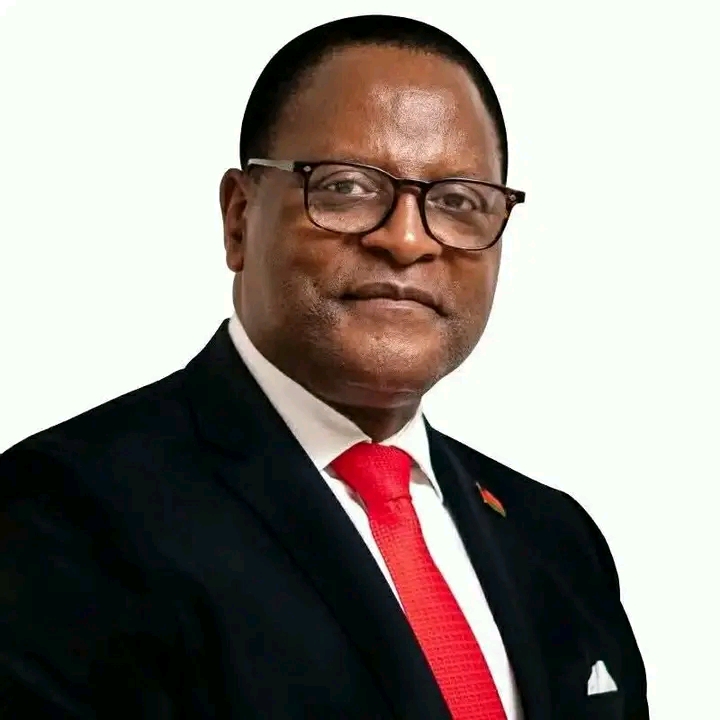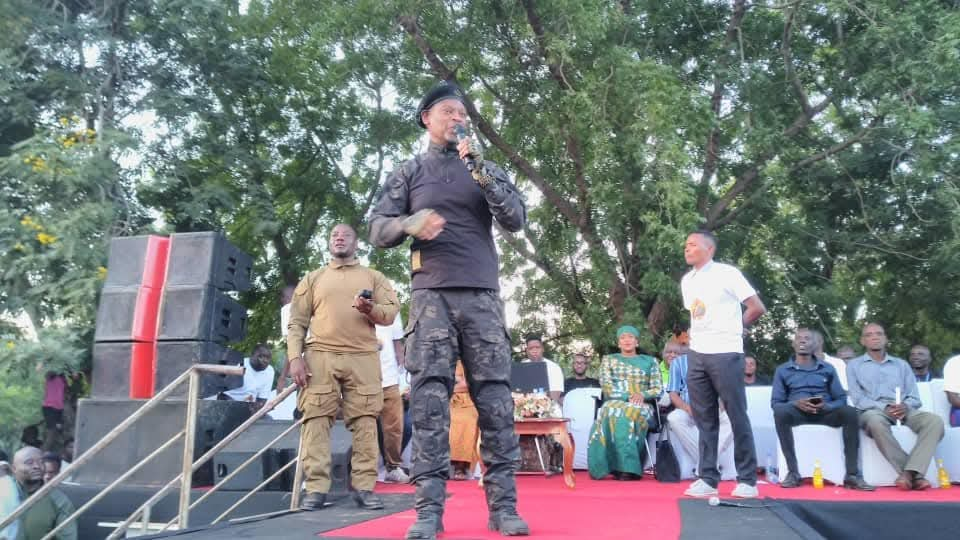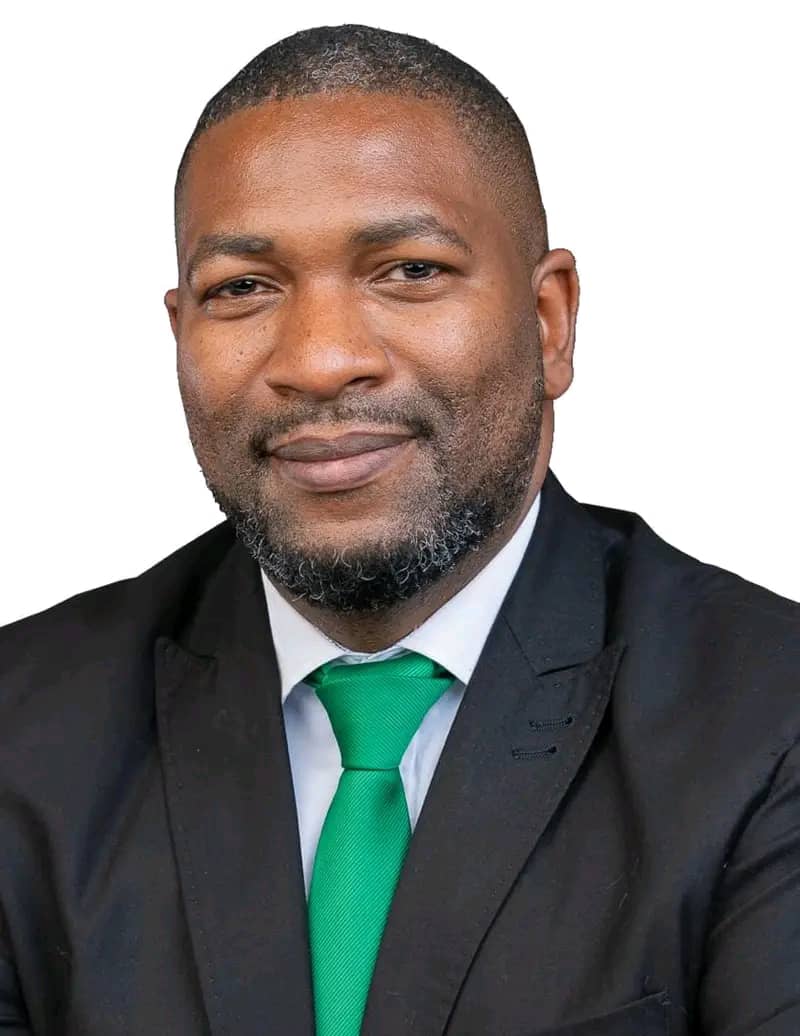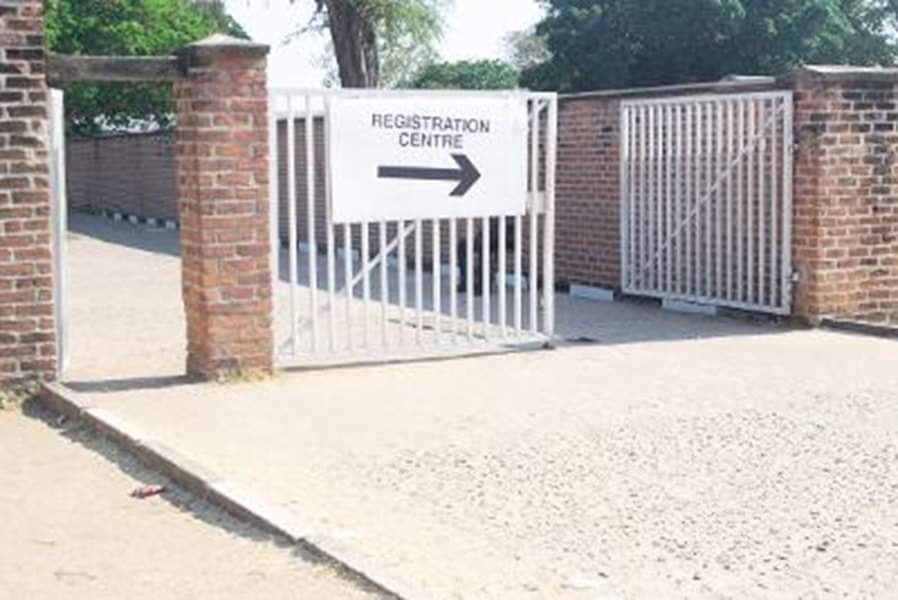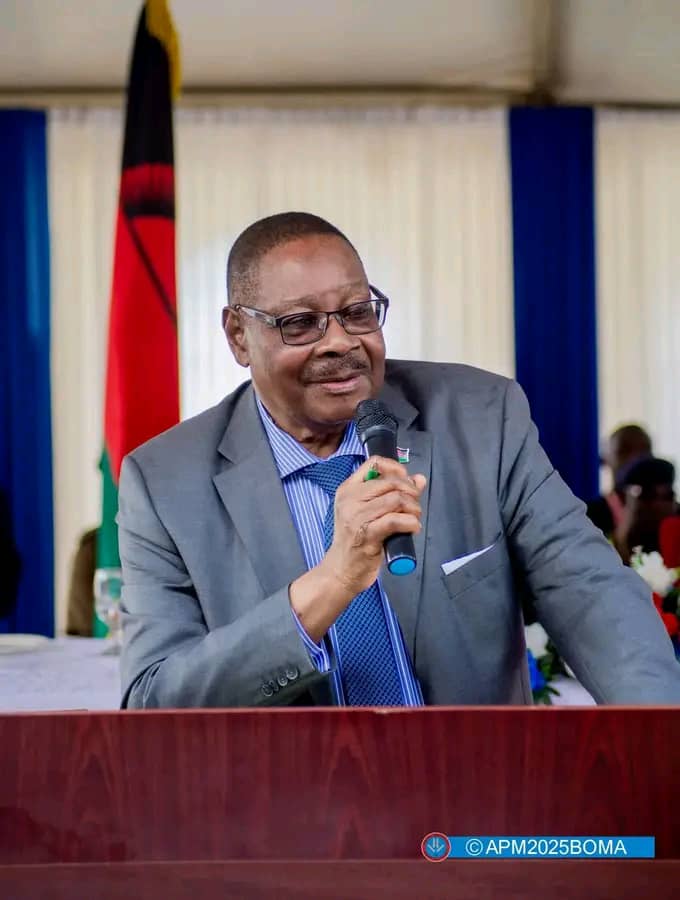
By Burnett Munthali
Malawians are preparing to vote in a high-stakes presidential election on 16 September 2025, and the question on everyone’s mind is whether the country should stick with President Lazarus Chakwera or bring back former President Peter Mutharika.
Both candidates are familiar to the electorate, but they offer very different visions for Malawi’s future.
President Chakwera, who rose to power in 2020 following a court-ordered fresh election, promised a new era of transparency, service delivery, and economic recovery.
He came into office with a strong mandate and the backing of a broad Tonse Alliance coalition, sparking hope among Malawians who were tired of corruption and poor governance.
But nearly five years down the line, that initial optimism has largely faded.
Chakwera’s leadership has been marred by rising inflation, fuel and forex shortages, high cost of living, and widespread concerns about government waste and corruption.
Despite pledges to fight graft and reduce presidential powers, several high-profile corruption scandals involving public officials have dented his reformist image.
An August 2024 Afrobarometer survey paints a sobering picture — 76% of respondents say the country is heading in the wrong direction, and only 21% approve of the government’s handling of the economy.
While some improvements have been acknowledged — such as efforts in electricity and water supply — they haven’t been enough to satisfy a frustrated population.
Former President Mutharika, who led the country from 2014 to 2020, is seizing this moment of discontent to stage a political comeback.
He is positioning himself as a man of experience and a stabilizing force who can bring back economic discipline and strong leadership.
During his tenure, Malawi recorded lower inflation rates, improved foreign reserves, and completed major infrastructure projects.
His administration’s economic management is often cited as a high point, especially by business groups and rural communities that benefited from road construction and electrification.
However, Mutharika’s presidency also faced serious criticisms.
His handling of protests, a weakened anti-corruption drive, and allegations of abuse of power remain a stain on his legacy.
The 2019 elections that brought him back into office were annulled due to irregularities — a blow to his democratic credentials.
Yet despite these concerns, Mutharika appears to be gaining traction.
The same Afrobarometer poll shows that 43% of respondents currently support the DPP, while the ruling MCP trails at 29%
An informal online poll conducted by Malawi24 further tilted the scales, with Mutharika garnering 62% support compared to Chakwera’s 10%, although the scientific accuracy of the online poll is questionable.
What’s clear, however, is that public opinion is shifting.
The 2025 election may ultimately hinge on the undecided voters — 14% of those surveyed by Afrobarometer said they haven’t yet made up their minds.
To win their support, Chakwera must show he can still turn things around and deliver meaningful development and jobs.
Mutharika, on the other hand, must convince voters that he has learned from past mistakes and will govern more inclusively and transparently if given another term.
This race is more than a contest of personalities; it is a referendum on leadership, accountability, and the direction Malawi should take in a time of economic hardship and political fatigue.
Whether voters choose to stay the course or turn the page, the decision on 16 September 2025 will be one of the most consequential in Malawi’s democratic history.

